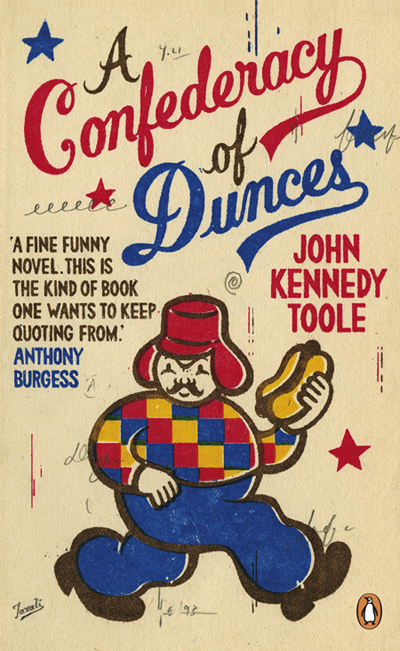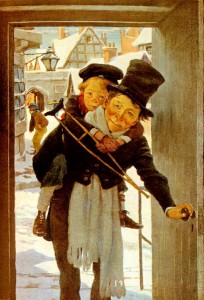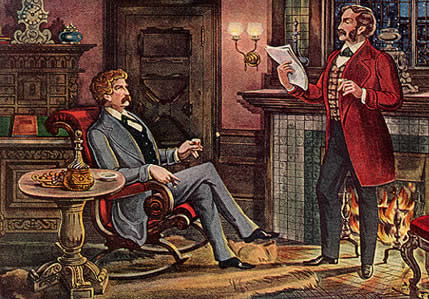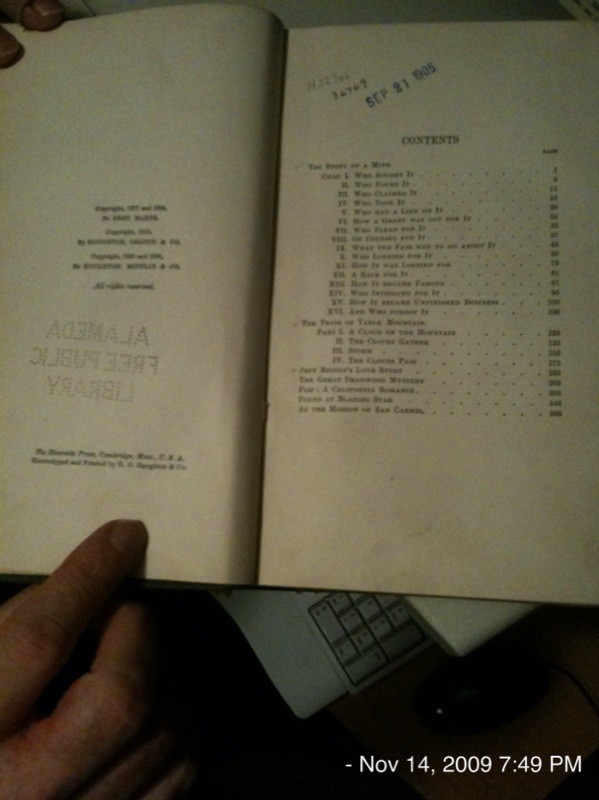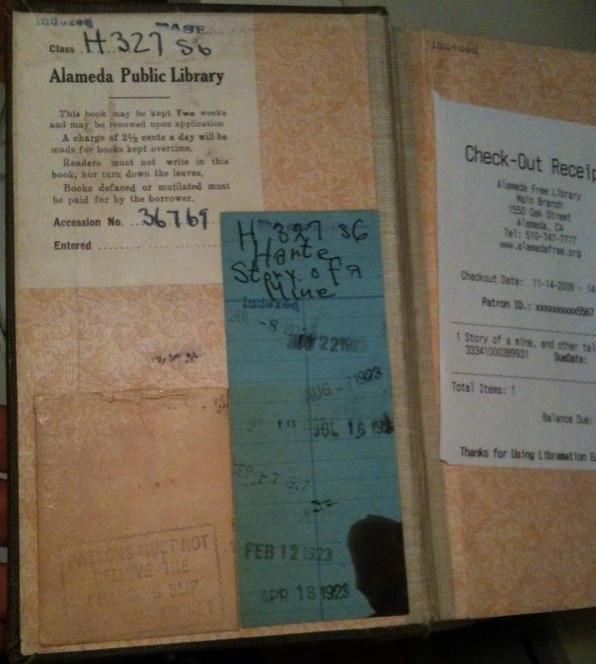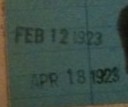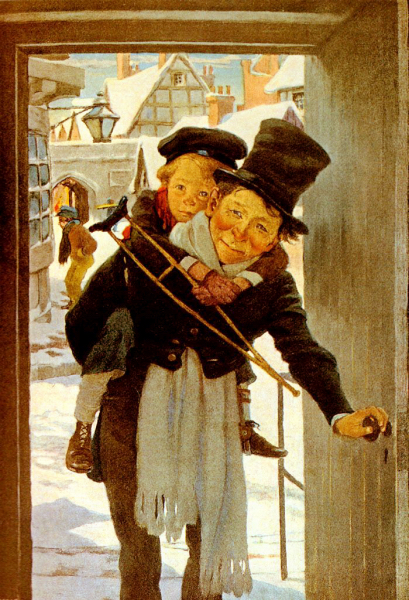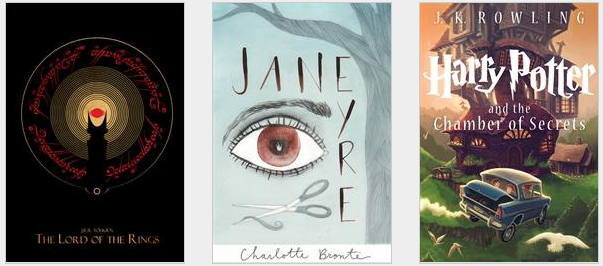
“The BBC believes you only read 6 of these books” reads the headline on one page. “How many have you read?” It’s followed by a list of 100 literary classics, including Pride and Prejudice, The Lord of the Rings trilogy, Jane Eyre and the Harry Potter series. Book lovers all around the web (and on Facebook) are taking this irresistible quiz, but there’s just one problem with it.
It’s a hoax. The BBC never made any such claim.
I’ve searched the BBC’s web site, but there’s no mention there of any list of books that they supposedly believe people aren’t reading. With a quick Google search, I found more web pages where people were posting the same list — even as far back as 2009 — and even a couple pages where people were asking the same question I did: why doesn’t the original list anywhere on the BBC’s web site? Finally I discovered an obscure blog post from 2009 where someone in the comments (named Julie) had finally tracked down the answer. The original list apparently dates back to 2007.
But it wasn’t from the BBC — it was from the Guardian newspaper. And they never claimed that most people hadn’t read more than 6 of the books…
Instead, their list was titled 100 books that “you can’t live without”. It appears to be based on a poll of their readers, which might explain why the results contain so many British authors. Six of the 100 books were written by Charles Dickens, and four were written by Jane Austen. Yet there’s not a single book by Mark Twain — or Ernest Hemingway, or William Faulkner.
But it’s still nice to know that there other people who like some of the same books that I do. (Yes, I have read “The Hitchhiker’s Guide to the Galaxy, as well as The Wind in the Willows…as a free Kindle ebook!) But as I was going through the list, trying to see if I’ve read more than six of its titles or less, I start to wonder if there’s a better way to see if I’m reading enough great books. And the best thing I read today was probably the response from the blogger who first figured out (in 2009) that this challenge was a hoax.
“So, feel free to see how many of those hundred books you’ve read,” Julie writes. “As a reader, I always find it fun.
“However, know that the BBC isn’t judging you.
“The only thing you’ll discover is if you’ve read the same books that a bunch of people in the UK couldn’t live without…”
